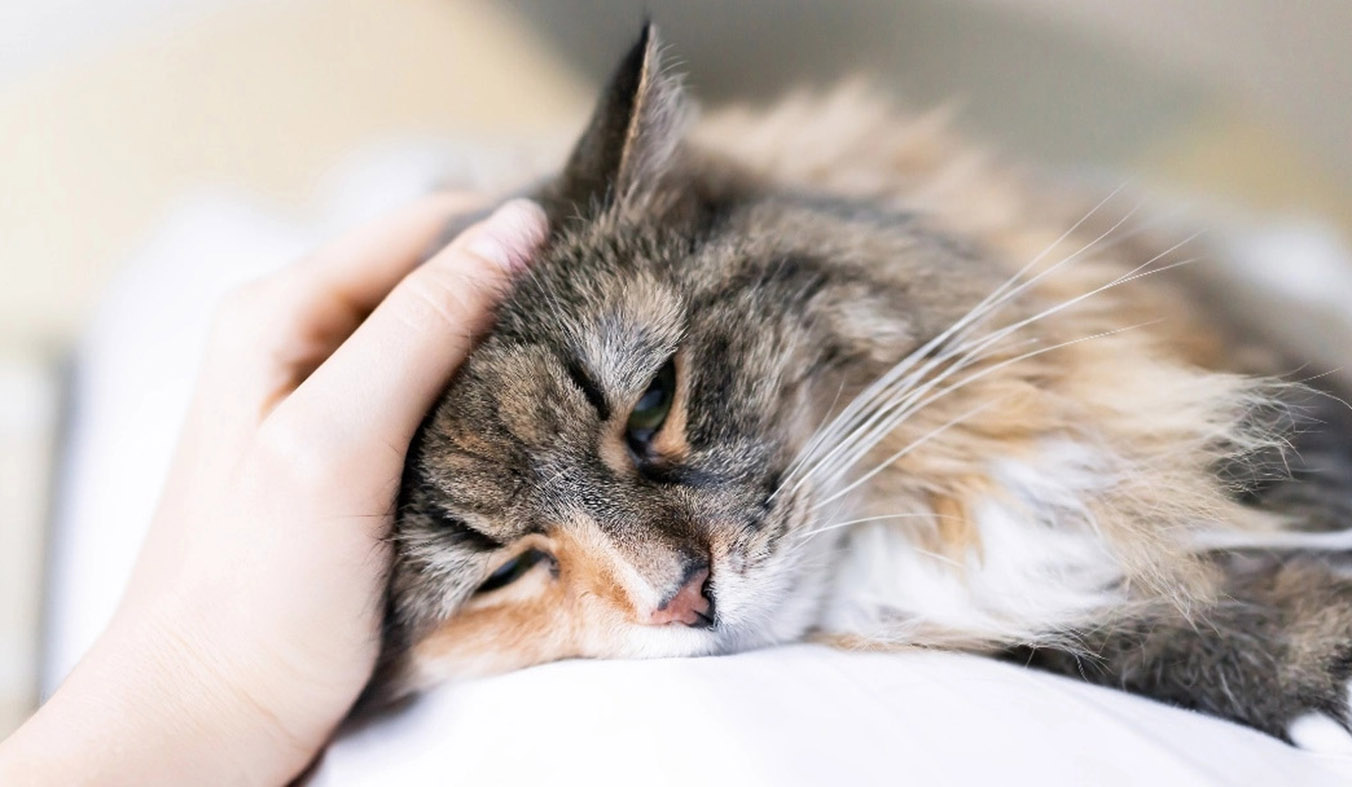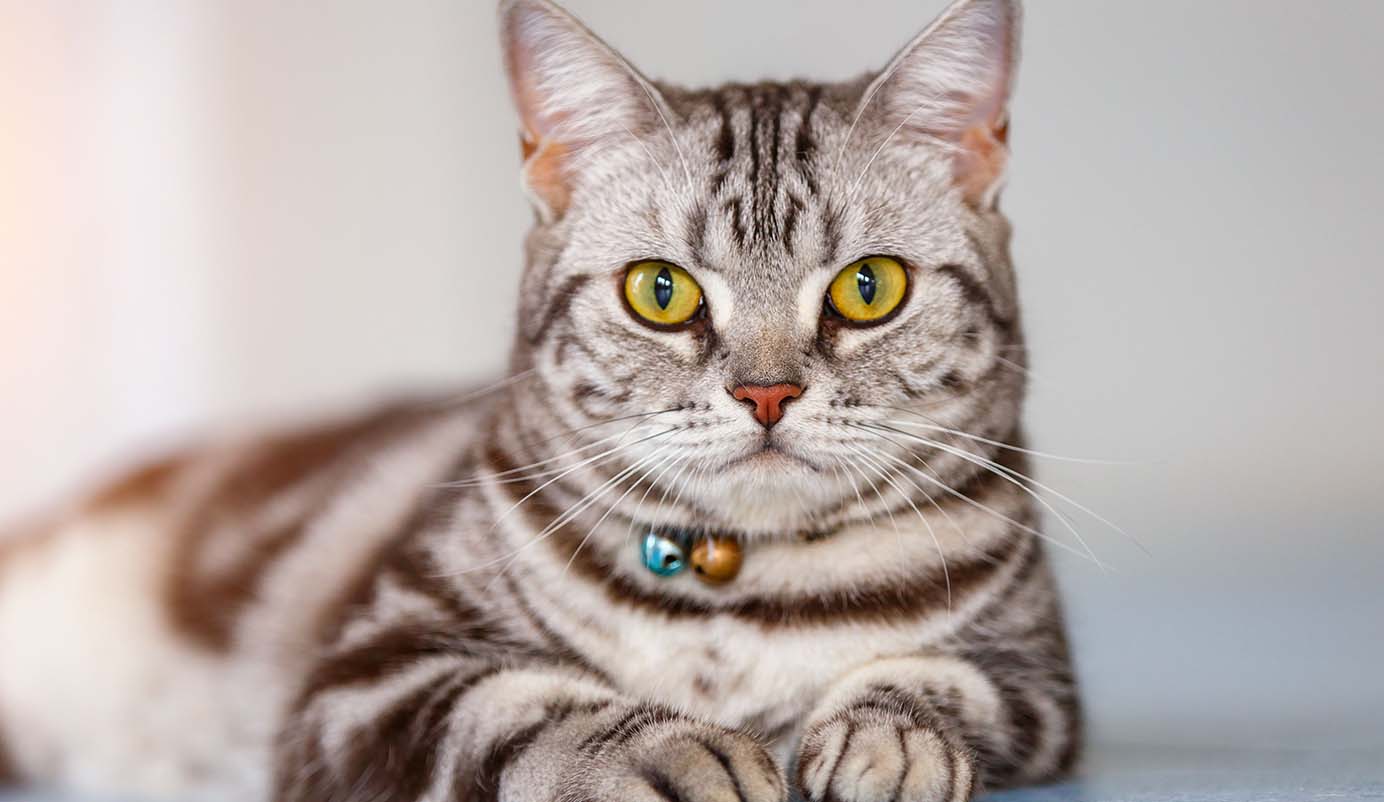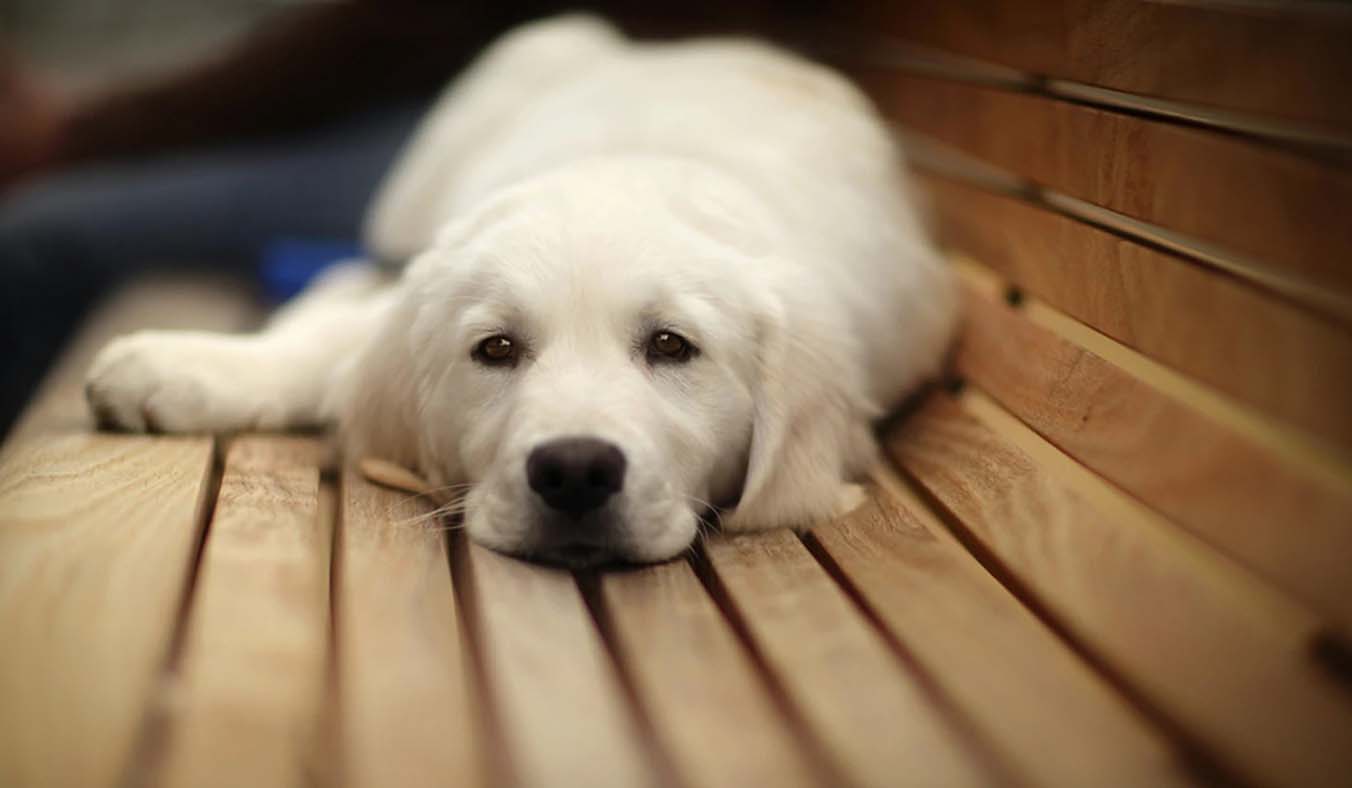Depression in cats can be caused by a variety of factors, such as neutering, separation from their caregiver, or boredom. The incidence of depression in pets is on the rise, and it’s important to understand how to address this issue. In this article, we’ll explore the causes, symptoms, and treatment options for depression in cats.
Causes of Depression in Cats
Several factors can contribute to depression in cats. Some of the common causes include:
Change of Environment:
- Cats are creatures of habit, and they may struggle to adjust to new environments. A change in their home, such as moving to a new house or undergoing significant renovations, can cause stress and lead to depression. Cats might not always show it immediately, but the unfamiliarity can cause anxiety.
Loneliness and Separation Anxiety:
- Cats are often stereotyped as independent animals that don’t need much interaction. However, they can form strong bonds with their caregivers and other animals in the household. A sudden absence of their human or a change in routine, such as the loss of a companion or frequent long absences, can lead to separation anxiety and depression.
Neutering and Surgery:
- Neutering or spaying a cat can also cause depression. While these procedures are common and usually beneficial, they can cause a hormonal imbalance and physical stress, which may result in a decline in energy, appetite changes, or even lethargy. The post-operative recovery process can also cause discomfort, especially if the cat is confined in a “cone” or protective garment, which might affect its mood negatively.
Boredom and Lack of Stimulation:
- Cats are natural hunters, and when deprived of opportunities to engage their hunting instincts, they can become bored and mentally unwell. A lack of physical activity or insufficient mental stimulation can lead to depression, particularly if the cat does not have access to enriching activities.
Seasonal Changes:
- Similar to humans, cats can suffer from depression during seasonal changes, especially during the darker, colder months. Reduced exposure to sunlight can affect their mood and overall well-being. Lack of sunlight can also impact their circadian rhythms, leading to disruptions in their sleeping patterns and potentially contributing to depressive symptoms.
Symptoms of Depression in Cats
Depression in cats can present itself in various ways. Some common symptoms include:
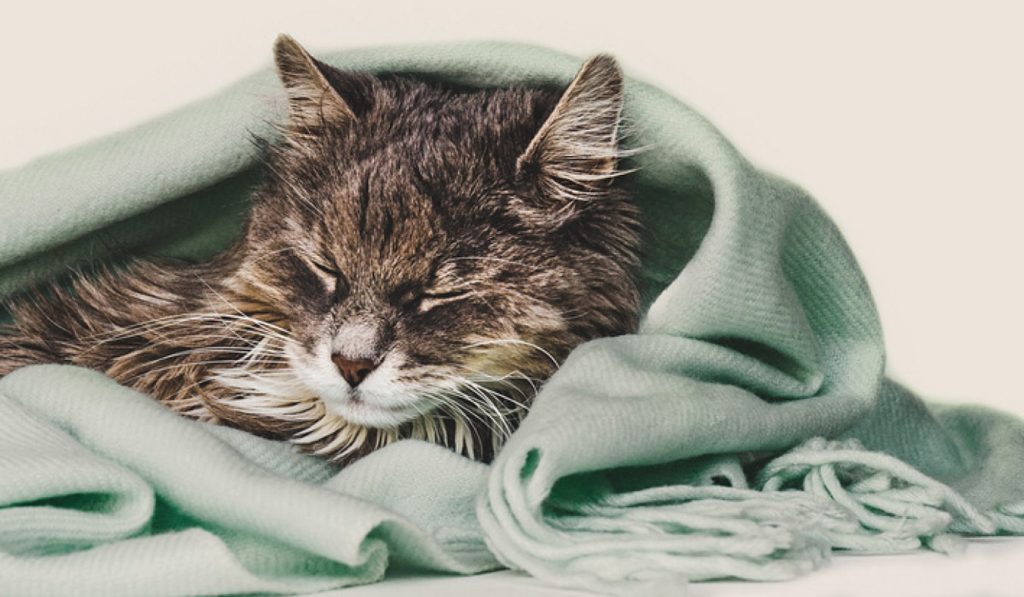
- Apathy and Lethargy: Depressed cats may show less interest in their environment, appearing more tired or disinterested than usual.
- Loss of Appetite: A decrease in appetite or complete refusal to eat is common in cats experiencing depression.
- Excessive Sleeping: A cat suffering from depression may sleep more than usual, showing a general lack of energy or enthusiasm.
- Avoidance Behavior: Depressed cats may isolate themselves, avoid contact with their caregivers, and even hide.
- Aggression or Irritability: In some cases, cats might display unusual aggression, such as biting, scratching, or attacking other pets or people.
- Self-mutilation or Over-grooming: Cats may lick excessively, particularly around their abdomen, leading to hair loss or even bald spots.
- Inappropriate Elimination: Some depressed cats might urinate or defecate outside their litter box, a sign that something is wrong.
- Destructive Behavior: Biting or scratching furniture and other items may become more common in cats suffering from depression.
- Decreased Grooming: A lack of interest in grooming is another sign of depression.
How to Treat Depression in Cats
If you notice any of the symptoms mentioned above in your cat, it’s important to consult a veterinarian to rule out other possible medical conditions. It’s crucial not to attempt treating your cat with medications without professional guidance, as depression-like symptoms could be related to other diseases.
Here are some ways to help treat depression in cats:
Improving Diet:
- A proper diet is essential in treating depression in cats. Increasing the amount of L-tryptophan in your cat’s food can help. L-tryptophan is an amino acid that influences serotonin production, which is vital for mood regulation. Low serotonin levels can contribute to depression and irritability.
Increased Activity and Play:
- Mental and physical stimulation is key to combating depression in cats. Engaging in interactive play with your cat, providing toys, and encouraging independent activities can help reduce boredom and improve mental well-being. Puzzle toys, scratching posts, and even puzzle feeders can stimulate your cat’s brain and encourage exercise.
Comfortable Resting Environment:
- Ensure that your cat has a comfortable and safe environment to relax in. Cats need cozy places to sleep, and providing soft beds, scratching posts, tunnels, and even cat trees can help. If your cat is an indoor pet, consider giving them access to a secure balcony or window where they can observe the outside world.
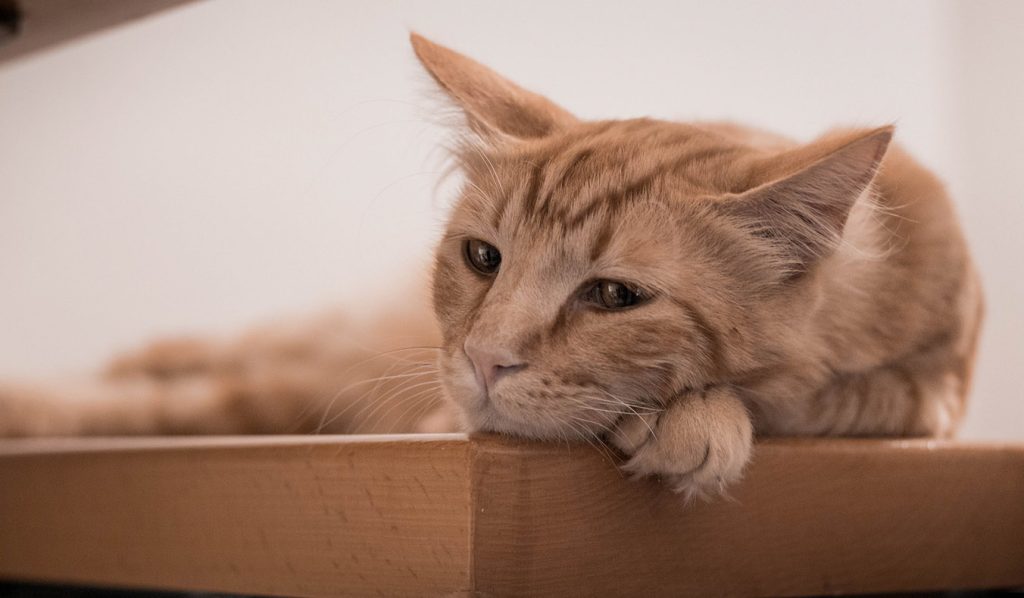
Pharmaceutical Treatments:
- In some cases, a veterinarian may recommend the use of synthetic feline pheromones, which can create a more peaceful and secure environment for the cat. These pheromones can make the cat feel more comfortable in their surroundings. Melatonin supplements may also help reduce anxiety and improve mood. Additionally, medications containing alpha-casozepine, derived from milk proteins, have calming and stress-reducing properties.
Provide a Routine:
- Cats thrive on routine, and a sudden change in their daily schedule can exacerbate feelings of stress and anxiety. Try to keep feeding, playtime, and bedtime consistent to help your cat feel more secure.
Natural Remedies:
- Some cats benefit from natural remedies like catnip or valerian root, which can temporarily elevate their mood. However, these should be used sparingly and under the guidance of a veterinarian.
Depression in cats is a serious issue that can affect their overall health and quality of life. Understanding the causes, recognizing the symptoms, and providing proper treatment can help your feline companion recover and feel better. Always consult with a veterinarian to ensure that your cat receives the appropriate care for its individual needs. With patience, care, and the right approach, most cats can overcome depression and lead happy, healthy lives.
